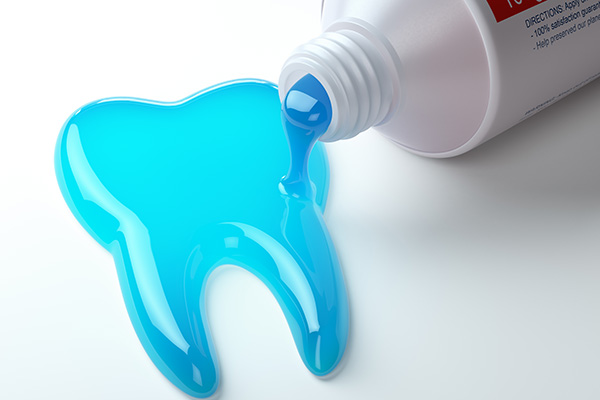 Fluoride is commonly used in general dentistry to reduce the risk of tooth decay and strengthen enamel that is weakened from acidic attacks that can occur when food particles and bacteria combine in the mouth. This article discusses how and when a general dentist might recommend fluoride for patients.
Fluoride is commonly used in general dentistry to reduce the risk of tooth decay and strengthen enamel that is weakened from acidic attacks that can occur when food particles and bacteria combine in the mouth. This article discusses how and when a general dentist might recommend fluoride for patients.
The role of fluoride in general dentistry
Fluoride can be used for preventive purposes or to restore weakened enamel. Patients can get the fluoride they need daily by choosing fluoride-based toothpaste and mouthwash, and dentists may provide a stronger fluoride solution in certain instances. The following is a more in-depth review of fluoride in general dentistry:
What is the purpose of fluoride in general dentistry?
Fluoride is a natural mineral that is most commonly used to help strengthen the bonds of tooth enamel. Enamel, the outermost visible layer of teeth, is incredibly strong, but it can wear down and erode when exposed to acidic reactions caused by bacteria. Dentists use fluoride because it is generally safe and natural and can prevent oral health concerns such as dental cavities.
What are the risks of not using fluoride?
As mentioned, the purpose of fluoride is to strengthen tooth enamel. Consequently, the risk of not implementing fluoride into your daily oral care routine is a higher chance of developing cavities. If weakened enamel is left untreated, cavities could form, leading to the need for more invasive treatments such as dental fillings, root canal therapy, and dental crown placement.
When might a general dentist recommend fluoride?
A general dentist may recommend fluoride to help keep the enamel as strong as possible. More commonly, they provide fluoride treatments to patients that are dealing with weakened enamel. The signs of weakened enamel include discoloration of teeth and increased sensitivity. General dentists also recommend that patients implement a healthy level of fluoride into their daily routine via fluoride-based toothpaste and mouthwash.
What can fluoride not treat?
Fluoride cannot treat cavities that have already formed. When enamel erodes, the effects cannot be reversed naturally. Instead, a dental filling or root canal therapy may be necessary. Consequently, fluoride is used primarily for preventive purposes and to strengthen enamel that is only weakened and not eroded.
How can I ensure I get enough fluoride between dental visits?
The good news is fluoride is easy to use at home during your oral care routine. Talk to your general dentist about what toothpaste and mouthwash they recommend to get a healthy level of fluoride daily. Keep in mind, fluoride is often present in drinking water as well, so you may be getting fluoride daily and not even realize it.
Ready to schedule a general dentistry appointment?
If you have questions about fluoride or would like to schedule a visit with our general dentistry team for a cleaning and check-up, call us or send us a message today. We take pride in helping our patients keep healthy and strong enamel that is free of decay.
Request an appointment or call Eagle Rock Family Dentistry at 323-621-3100 for an appointment in our Los Angeles office.
Related Posts
General dentistry helps to keep your mouth healthy with preventative treatments like teeth cleanings. It addresses issues that develop in your mouth. Regardless of how well a person takes care of their teeth, they might become damaged or discolored due to factors like trauma to the face or taking medication like tetracycline antibiotics.Veneers are one…
General dentistry treatments are available to restore the function and appearance of your teeth, depending on the severity of the tooth damage. The dentist will examine the cracked tooth and design a suitable treatment plan.The following are common treatments in general dentistry for repairing a damaged or fractured tooth:Dental bonding is often done to fix…
General dentistry can help you develop good oral health habits in many ways. Going to the dentist’s office will also reduce your risk of having cavities and gum disease. But visiting the dentist every six months is not enough to promote healthy, strong teeth and gums. Daily habits such as brushing your teeth are vital.…
